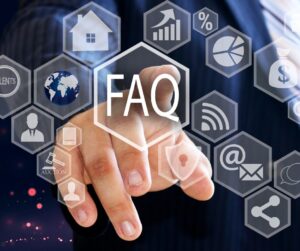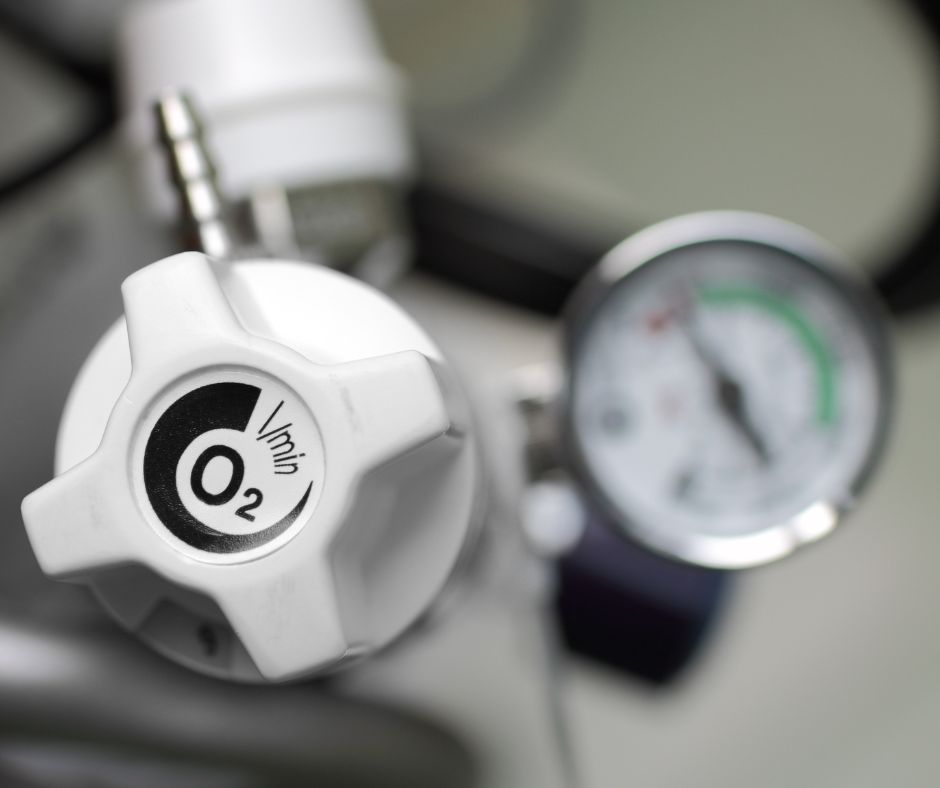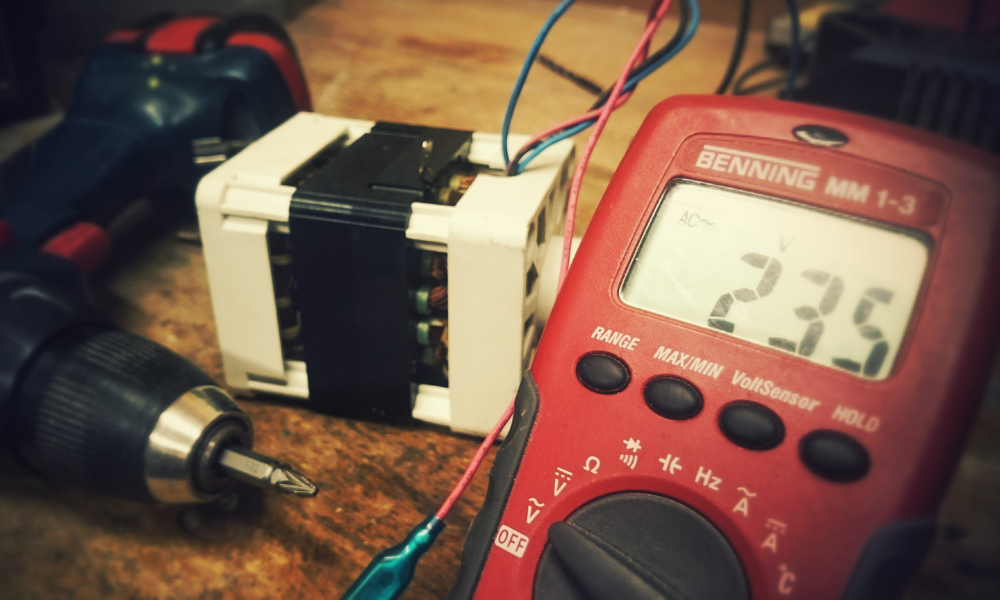FAQs About Calibration Services
 For businesses in industries such as manufacturing, healthcare, automotive, and others that utilize instruments or equipment that require exact measurements, calibration services are crucial for ensuring quality and reliability. To help demystify this process and underscore its importance, Trident Calibration Labs has compiled the following list of frequently asked questions (FAQs) about calibration services.
For businesses in industries such as manufacturing, healthcare, automotive, and others that utilize instruments or equipment that require exact measurements, calibration services are crucial for ensuring quality and reliability. To help demystify this process and underscore its importance, Trident Calibration Labs has compiled the following list of frequently asked questions (FAQs) about calibration services.
What is Calibration?
Calibration is the process of comparing the measurements of an instrument to those of a standard to determine its accuracy. It involves adjusting the instrument to match or align with the standard within a specified accuracy range. This ensures that your instruments are providing accurate and reliable measurements, which is essential for maintaining quality and compliance with industry standards.
Why is Calibration Important?
Calibration ensures the accuracy, reliability, and consistency of your instruments, thereby impacting the quality of your products and services. It’s crucial for meeting regulatory requirements, minimizing errors, reducing costs associated with inaccuracies, and ensuring safety in the workplace.
How Often Should Instruments Be Calibrated?
The frequency of calibration depends on several factors, including the manufacturer’s recommendations, the frequency and conditions of instrument use, the stability of measurements, and regulatory requirements. As a general guideline, it is recommended to calibrate instruments at least once a year. However, more frequent calibration may be necessary for instruments used in critical measurements or harsh conditions.
What Happens During Calibration?
During calibration, technicians compare your instrument’s output with a known reference standard. If discrepancies are found, adjustments are made to bring your instrument within an acceptable accuracy range. The process involves:
- Verification of instrument performance – checking the current performance of the instrument against known standards.
- Adjustment – if necessary, making adjustments to bring the instrument within the required accuracy range.
- Documentation – providing a calibration certificate that details the instrument’s performance before and after calibration.
Can Calibration Be Performed On-Site?
Yes! Trident Calibration Labs offers calibration services at our Phoenix facility, as well as on site at our customers’ locations as needed. On-site calibration minimizes downtime and is ideal for large or fixed instruments that cannot be easily transported.
What is a Calibration Certificate?
A calibration certificate includes the instrument’s identification, the standards used for calibration, the conditions under which the calibration was performed, the measurement results before and after calibration, and the date of calibration. It serves as a record of the instrument’s accuracy and compliance at the time of calibration.
How Can I Prepare for a Calibration Service?
Preparing for calibration involves ensuring that instruments are clean, accessible, and in good working condition. You should also gather any relevant documentation, such as previous calibration certificates and operation manuals. If the service will be performed on site at your facility, informing your team about the calibration schedule and any required downtime is also essential.
Why Choose Trident Calibration Labs?
At Trident Calibration Labs, we pride ourselves on our precision, expertise, and commitment to customer service. With state-of-the-art equipment, certified technicians who boast over 100 years of combined experience drawing from their time spent in the U.S. Armed Forces, and a comprehensive range of calibration services, we ensure that your instruments meet the highest standards of accuracy and reliability. Our ISO/IEC 17025 accreditation is a testament to our dedication to quality and excellence in calibration services.
Have any other questions about the calibration process, or need a quote for your instrument calibration or repair needs? Contact the experts at Trident Calibration Labs today!
continue reading
Related Posts
Trident Calibration Labs Now Offering O2 Cleaning In the ever-evolving […]
While they are sometimes used interchangeably, understanding the difference between calibration and certification is crucial, and can affect the quality and reliability of products and services across a wide range of sectors.




